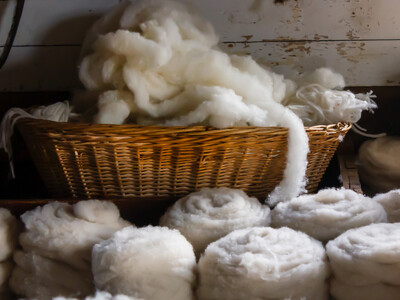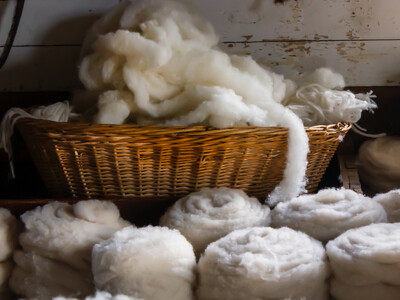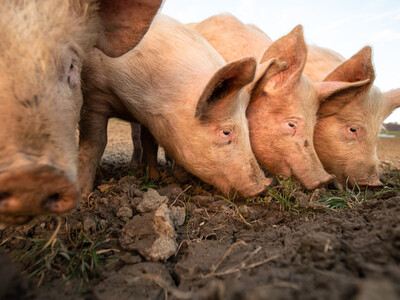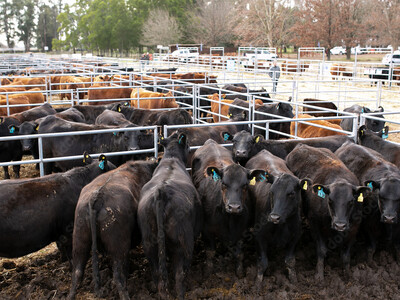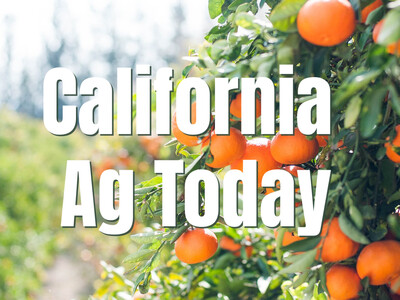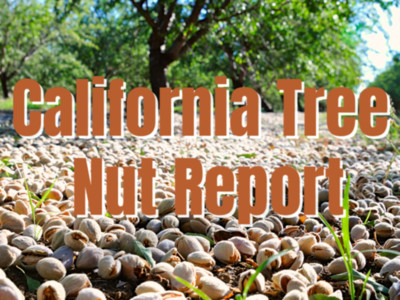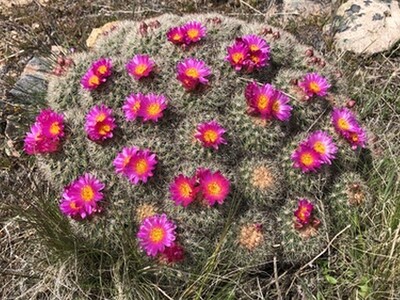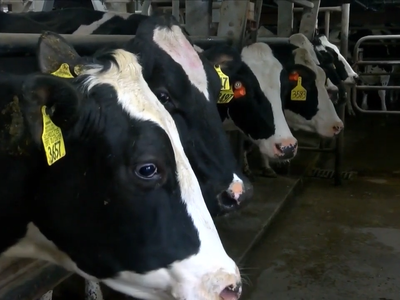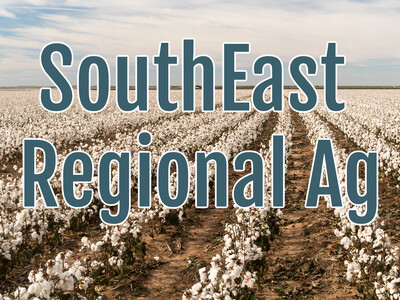Farm Bureau Reaction to State of the Union Address
Farm Bureau Reaction to State of the Union Address. I’m Greg Martin with today’s Line On Agriculture.
President Obama’s first State of the Union Address covered a lot of ground and quite a few issues pivotal for farmers and ranchers. American Farm Bureau Public Policy Director Mark Maslyn says one of the biggest was when the President said he was not giving up on climate change legislation.
MASLYN: Climate change legislation, in and of itself, is not the problem. The problem for us is this notion of a cap-and-trade component to a climate change bill. The concern we have with cap-and-trade is that by most accounts, it results in a loss of productive farmland going into forestry. That’s not good for this country, it’s not good for our markets abroad and for those countries that rely on our food exports.
Maslyn noted that the President never said the words “cap and trade” during the speech, but he did talk a lot about alternate energy sources.
MASLYN: He did talk specifically about clean energy and referenced the need for more nuclear power and more drilling from the perspective of farmers and ranchers, generally, we favor a wide-ranging source of energy in this country from renewable fuels to nuclear power to clean coal we can’t be so dependent on one source of fuel that we get ourselves into trouble.
On several issues, Maslyn said the speech fell into the norm of being short on details. Immigration reform was one example. Trade was another.
MASLYN: He said we’re going to continue to fight for and push for fair agreements that improve our access to foreign markets. He also talked about enforcement of those agreements, that that was an important key and it is. He mentioned specifically the
Maslyn said that’s the bottom line. It’s up to Congress to get to work.
MASLYN: It’s important to remember that the president proposes and it’s up to the congress to act on these initiatives and that’s, unfortunately, where the gridlock remains and so we were encouraged by his prodding of congress to find ways to come together and resolve their disagreements.
That’s today’s Line On Agriculture. I’m Greg Martin on the Northwest Ag Information Network.




